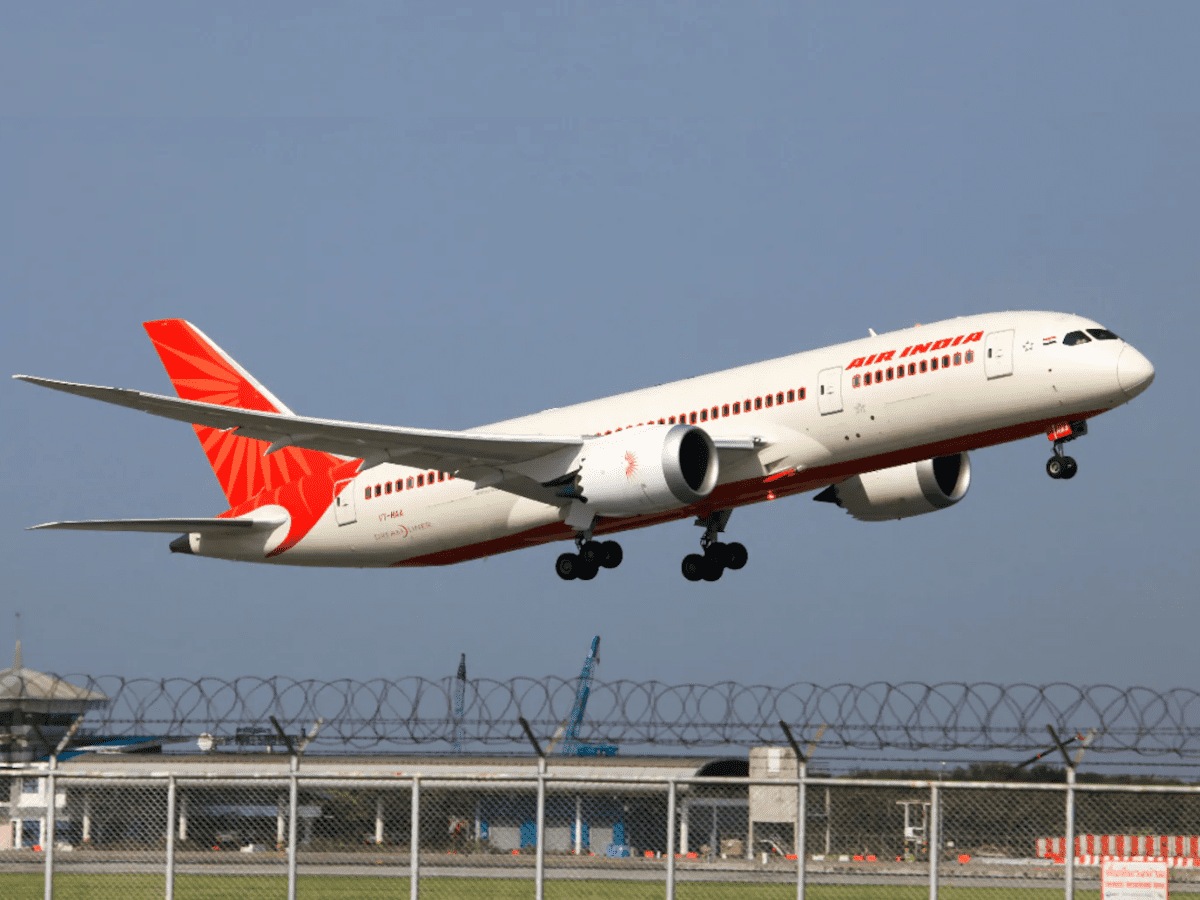
New Delhi: The victim in the Air India urination case has moved the Supreme Court seeking a direction to the Director General of Civil Aviation (DGCA) and airline companies to frame regulations to address incidents of passenger misconduct on board aircraft, and stressed on explicit zero-tolerance policy with respect to “unruly/disruptive behaviour”, which could mandate reporting to it to the law enforcement, failing which action would taken against airlines in all cases.
The petitioner also requested the apex court to direct the media to desist from reporting on criminal proceedings, to prevent further shaming and embarrassment for the 72-year-old victim and the perpetrator.
The petitioner contended that Air India along with the Director General of Civil Aviation (DGCA) have failed to treat the petitioner with care and responsibility after an unruly passenger urinated on the petitioner after having been served excessive alcohol on the flight.
The plea said the wide-ranging national press reportage full of conjecture and surmises has severely undermined the petitioner’s right as a victim under Article 21 of the Constitution, and in fairness also affected the rights of the accused as well.
“Their rights of free and fair trial have also been substantially affected due to the selective leaking of the AIR SEWA complaint of the petitioner, the FIR and selective witness statements being released to the media to match a specific narrative,” said the plea filed through advocate Rahul Narayan.
The plea added that the incident caused the petitioner to go into shock and distress during the 12-hour long flight and the crew was both unhelpful and uncooperative.
The plea submitted that there has been a sharp rise in unruly passenger behaviour globally, as the International Air Transport Association (IATA) published a report in December 2022 urging the governments to take practical approaches regarding identifying and handling unruly passengers.
The plea added that the Civil Aviation Requirements of May 2017 (CAR) of the DGCA should consider “drunkenness” or “inebriation” on its own to be considered unruly/ disruptive behaviour on an aircraft.
“The DGCA, via CAR dated May 2017, has laid out guidelines for the handling of unruly/disruptive passengers. However, it does not have an explicit zero-tolerance policy with respect to “unruly/ disruptive behaviour”. Also, these guidelines do not consider being drunk or inebriated on its own as unruly disruptive behaviour,” said the plea.
The plea contended that the authorities should frame the guidelines on alcohol policy on international flights of Indian carriers to protect passengers and airline staff, including setting limits on the quantity of alcohol served, without any discrimination based on the class of travel.
For the November 26, 2022 incident, accused Shankar Mishra was arrested from Bengaluru on January 6. The Delhi Police lodged an FIR against Mishra under various sections of the IPC and section 23 of the Aircraft Act for urinating on the woman in the business class of the flight. The accused was granted bail later.
